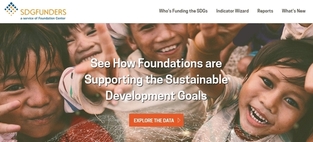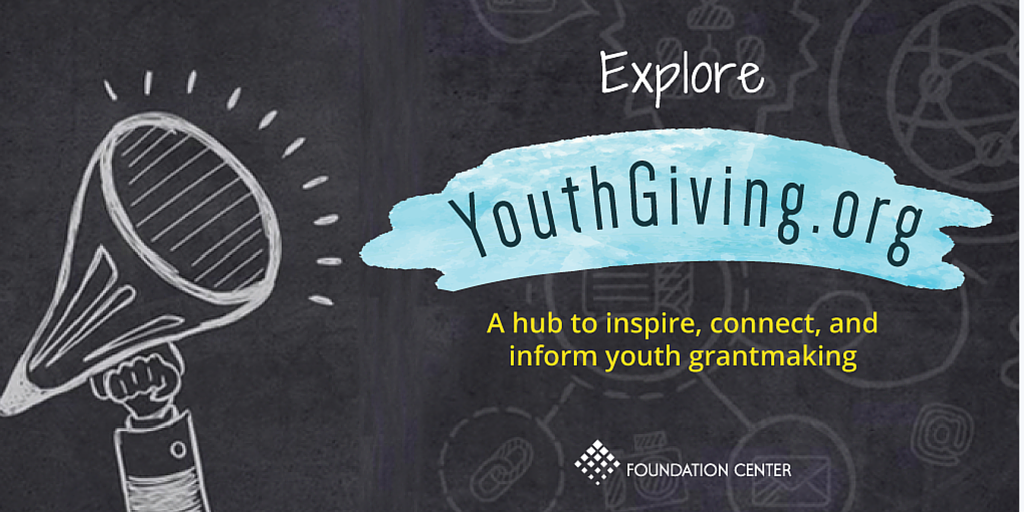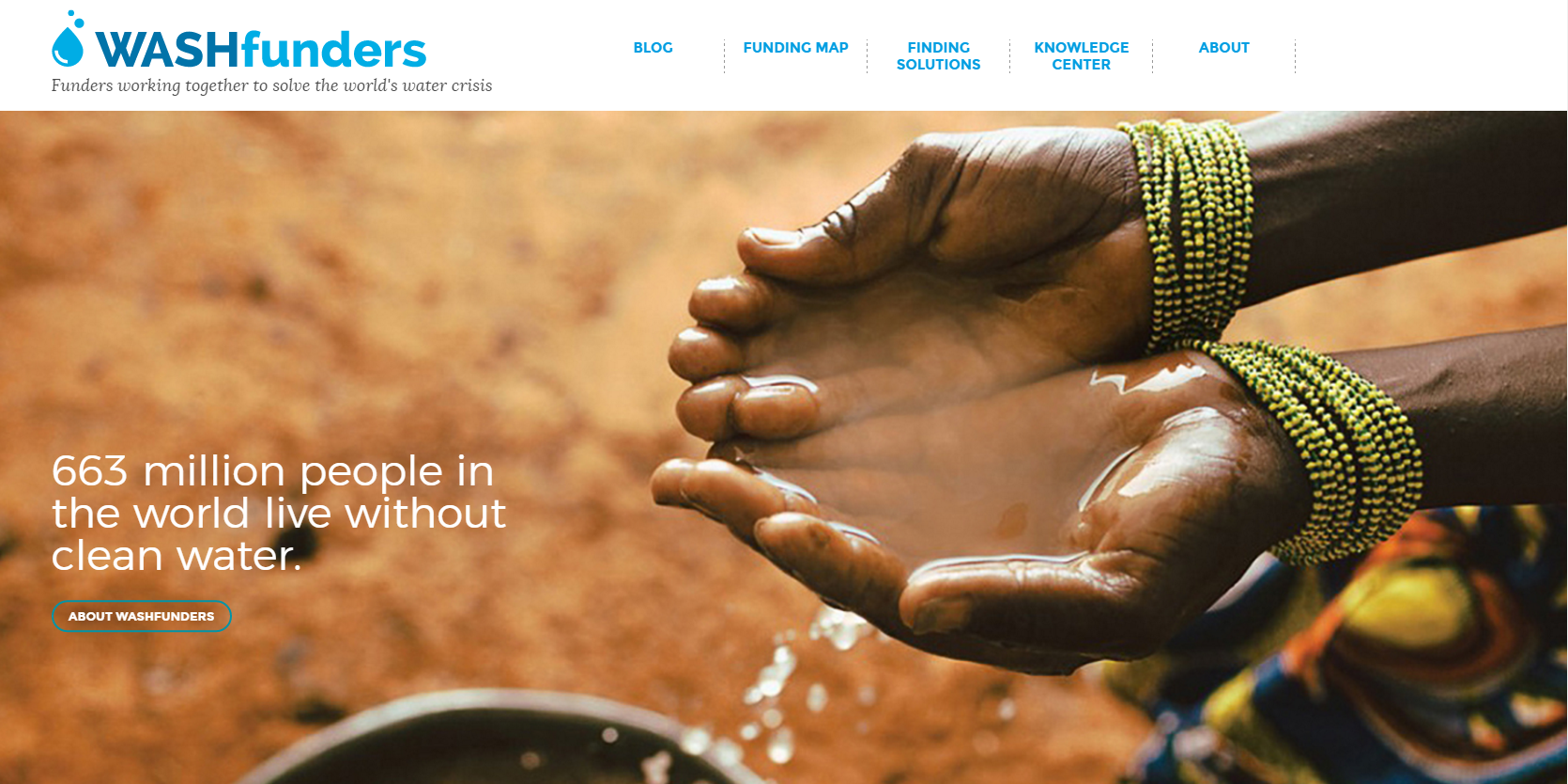Don’t Let the “Hairball Effect” Choke Your Strategic Momentum
By design, many foundations deal with complex issues. At The McKnight Foundation, our work includes accelerating the Midwest’s transition to a low-carbon economy, improving water quality along the Mississippi River as it crosses 10 state boundaries, and promoting equitable transit-oriented development throughout the region. The systems in which we operate are often massively entangled and not designed to provide easy solutions for existing and emerging challenges.
So how do we deal with complexity without having it overwhelm us, a.k.a. succumbing to the hairball effect?
Hairballs, as people owned by cats will know, are tangled jumbles that your furry friend will reject and eject when they interfere with the cat’s comfort. I am not sure who first coined the phrase’s usage at McKnight, but it is now a running joke to invoke “the hairball” when our own discomfort arises from complexity and its inherent messiness.
McKnight’s Strategic Framework is predicated on adaptive leadership as a way to advance our goals amid the complexity and uncertainty in which we operate. To develop our strategies, we draw on research, field expertise, and input from stakeholders across the public, private, and civic sectors. Inherently transparent, our approach relies on an open exchange of information with grantees and field experts, informing our understanding of relevant systems and various actors within those systems. We bring discipline to this process as we make judgments about the roles and tools we are best positioned to deploy. In philanthropy-speak, this is how we develop our theory of change for each program.
No matter how thoughtful we are in the initial development of goals and strategies, “stuff happens” along the way — surprises, unexpected turns — that make it essential that our discipline doesn’t morph into dogma.
Then the fun begins. No matter how thoughtful we are in the initial development of goals and strategies, “stuff happens” along the way — surprises, unexpected turns — that make it essential that our discipline doesn’t morph into dogma. Changes in external conditions alter both opportunities and constraints. Implementation is messy in ways that twist and distort elegantly crafted constructs. As we take in and process new data, observations, and insights from grantees and stakeholders, we adapt and adjust to remain relevant and maximize impact. We need to be thoughtful and deliberative while resisting paralysis by analysis. Again transparency is critical here, ensuring grantees and partners are up to speed as our strategies inevitably evolve.
To sustain adaptive leadership through the twists and turns, McKnight draws on a mix of tools and competencies. One useful approach is to seek optimal balance among the parts, the whole, and the greater whole. For example, we have a program focus on climate and energy in our home Midwest region, where we can play key leadership and convening roles in addition to grantmaking. We also seek “climate smart” approaches in several other program areas. Across the board, our work informs and is informed by the greater whole of climate change as a global issue — and we connect all the related parts into one coherent narrative for the Foundation.
This approach allows us to break down complexity into actionable parts that might be harder to spot in the overall framework, while nonetheless honoring that there is a greater whole we shouldn’t ignore just because it’s beyond our current radius of action or bandwidth.
McKnight’s framework of adaptive leadership is supported by competencies we intentionally nurture among our staff team. We hire intelligent people with strong subject expertise. But to fully embrace adaptive leadership, it is equally important that we are intellectually curious as well as rigorous, confident yet humble in our leadership, willing to engage with stakeholders in open and honest dialogue, and comfortable with ambiguity because the world never stops changing around us.
Hairballs happen, despite all our mindfulness. The issues foundations and the nonprofit sector tackle are notoriously complex, and those complexities do sometimes feel overwhelming. But the real trick is in your recovery. Rather than choking on complexities you can’t control or avoid, take a moment to refocus and realign, clear your throat, and carry on.
-- Kate Wolford





